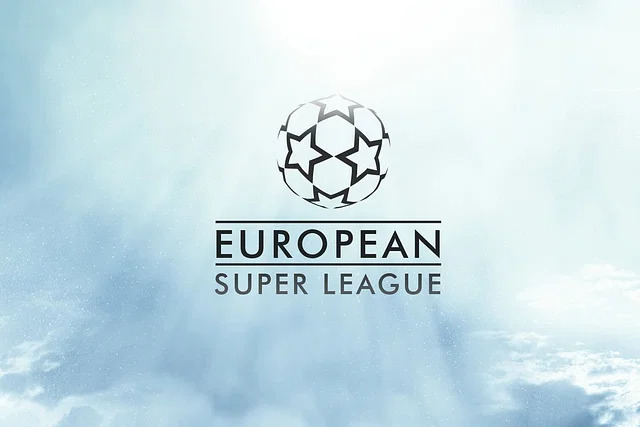The representatives behind the Super League have formally requested “official recognition” for their proposed tournament from FIFA and UEFA. Following a ruling by Europe’s top court, they announced plans to rename the competition as the ‘Unify League’.
Madrid-based A22 Sports Management has submitted the proposal to FIFA and UEFA. Before doing so, they held discussions with various leagues, clubs, and stakeholders, re-evaluating the eligibility criteria for teams based on annual domestic performance.
Under the new proposal, the competition would feature 96 teams, divided into four leagues, running from September to April. The tournament would also include a knockout stage starting from the quarter-finals.
In their statement, A22 noted that last year’s European Court of Justice (ECJ) ruling means that “a competition that is inclusive, meritocratic, and aligns with the match calendar can be formally established.”
Planners added that matches for the proposed league would be streamed live and for free on a dedicated platform.
Bernd Reichart, CEO of A22, highlighted the key challenges that emerged during their consultations: “These include high subscription costs for fans, packed match schedules for players, insufficient investment in women’s football, and dissatisfaction with the format and governance of European competitions. Our proposal directly addresses these challenges.”
The Super League was originally announced in early 2021 by 12 top European clubs, sparking immediate opposition from UEFA, football authorities, and fans. UEFA even threatened to ban participating clubs and players from competitions like the World Cup.
Within 48 hours of its announcement, 9 of the 12 clubs, including 6 from the Premier League, withdrew from the project. However, Real Madrid and Barcelona continued to support the idea.
Last year, the ECJ ruled that UEFA violated European Union (EU) law by preventing elite clubs from forming a new European competition.
After winning this legal battle, A22 initially proposed a 64-team tournament to rival UEFA’s Champions League, but the idea was rejected and ridiculed.
In May, a Spanish court ruled that FIFA and UEFA were “hindering free competition” by opposing the Super League. UEFA, however, clarified that the ruling did not authorize any third party to launch a competition without approval, nor did it endorse any future or modified version of the project.
UEFA responded: “The ruling does not grant any third party the right to launch a competition without authorization. It also does not concern any future or revised project.” UEFA further stated that they had introduced new regulations to comply with EU law.






